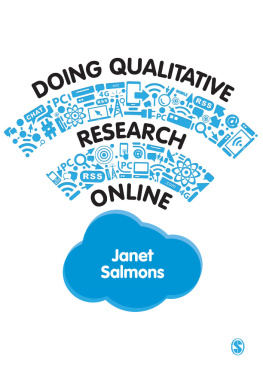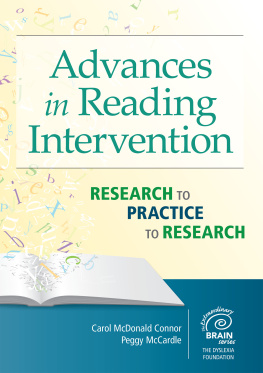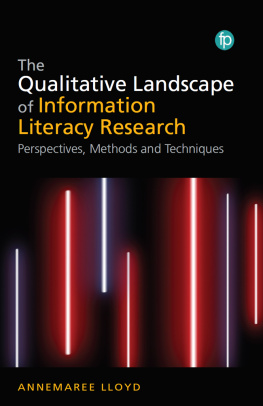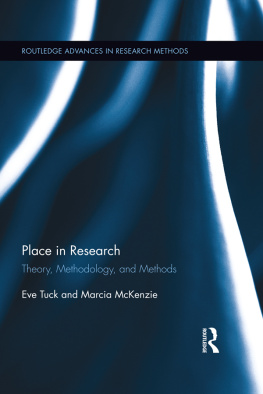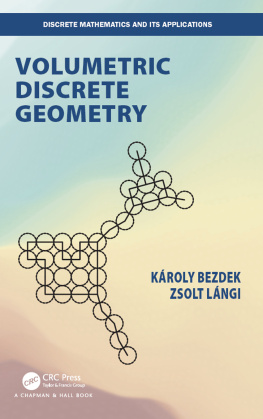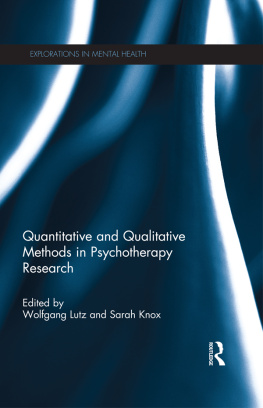Cover
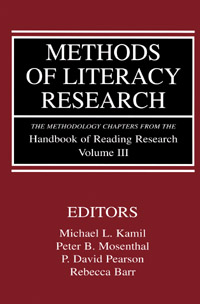
| title | : | Methods of Literacy Research : The Methodology Chapters From The Handbook of Reading Research, Volume III |
| author | : | Kamil, Michael L. |
| publisher | : | Lawrence Erlbaum Associates, Inc. |
| isbn10 | asin | : | 0805838074 |
| print isbn13 | : | 9780805838077 |
| ebook isbn13 | : | 9780585385662 |
| language | : | English |
| subject | Reading--Research--Methodology. |
| publication date | : | 2002 |
| lcc | : | LB1050.6.M48 2002eb |
| ddc | : | 428.4/072 |
| subject | : | Reading--Research--Methodology. |
Page i
METHODS
OF
LITERACY RESEARCH
THE METHODOLOGY CHAPTERS FROM THE
HANDBOOK
OF
READING
RESEARCH
VOLUME III
Page ii
This page intentionally left blank
Page iii
METHODS
OF
LITERACY RESEARCH
THE METHODOLOGY CHAPTERS FROM THE
HANDBOOK
OF
READING
RESEARCH
VOLUME III
Edited by
Michael L. Kamil
Standford University
Peter B. Mosenthal
Syracuse University
P. David Pearson
Michigan State University
Rebecca Barr
National-Louis University

Page iv
Disclaimer:
This book is part of a volume set. netLibrary may or may not have all the companion volumes in eBook format.
Copyright 2002 by Lawrence Erlbaum Associates, Inc.
All rights reserved. No part of this book may be reproduced in any form,
by photostat, microfilm, retrieval system, or any other means, without
the prior written permission of the publisher.
Lawrence Erlbaum Associates, Inc., Publishers
10 Industrial Avenue
Mahwah, New Jersey 07430-2262
Cover design by Kathryn Houghtaling Lacey
Library of Congress Cataloging-in-Publication Data
Methods of literacy research: the methodology chapters from the
handbook of reading research / [edited by] Michael L. Kamil [et al.].
p. cm.
Includes bibliographical references and index.
ISBN 0-8058-3807-4 (paper)
1. Reading. 2. ReadingResearchMethodology. I. Kamil, Michael, L.
LB1050.H278 2000 |
428.4'072dc20 | 96-10470 |
CIP |
Books published by Lawrence Erlbaum Associates are printed
on acid-free paper, and their bindings are chosen for strength
and durability
Printed in the United States of America
10 9 8 7 6 5 4 3 2 1
Page v
Contents
Preface | vii |
| Making Sense of Classroom Worlds: Methodology in Teacher
Research |
James F. Baumann and Ann M. Duffy-Hester | |
| Designing Programmatic Interventions |
Theresa D. Piggot and Rebecca Barr | |
| Undertaking Historical Research in Literacy |
E. Jennifer Monaghan and Douglas K. Hartman | |
| Narrative Approaches |
Donna E. Alvermann | |
| Critical Approaches |
Marjorie Siegel and Susana Laura Fernandez | |
| Ethnographic Approaches to Literacy Research |
Susan Florio-Ruane and Mary McVee | |
| Verbal Reports and Protocol Analysis |
Peter Afflerbach | |
| A Case for Single-Subject Experiments in Literacy Research |
Susan B. Neuman and Sandra McCormick | |
| Discourse and Sociocultural Studies in Reading |
James Paul Gee | |
| Research Synthesis: Making Sense of the Accumulation of
Knowledge in Reading |
Timothy Shanahan | |
Author Index | |
Subject Index | |
Page vi
This page intentionally left blank
Page vii
Preface
In theory there is nothing to hinder our following what we are taught; but in life there are many things to draw us aside.
Epictetus, Discourses, Chap. xxvi.
In this volume, 10 reviews of significant reading research methodologies are reprinted from Volume III of the Handbook of Reading Research . Methodology represents the organized procedures that researchers use to collect, analyze, and interpret phenomena under study. Appropriate methodology is necessary to ensure that the obtained evidence can be used to generate warranted conclusions. The centrality of methodology to reading research endeavors would suggest that this would be a crucial area of scholarship. It is, as Epictetus suggested, one way of avoiding those things that might draw us aside.
An electronic search of the ERIC database, yields a total of 48,888 journal articles on the subjects of reading, writing, or literacy (excluding computer literacy and science literacy). Of these, 12,877 are research articles and of these, 986, or about 7.5%, are about research methodology. This appears to be a small proportion of the total, because rigorous methodology is what guarantees the trustworthiness of our research. Given that this figure includes all of the studies since the inception of the database in 1966, the number seems small.
What accounts for the lack of research on methodology? One important aspect of the explanation lies in the fact that reading researchers have adopted methodologies from other disciplines. Methods have been imported from psychology, anthropology, sociology, and even from neurology and hermeneutics. Although these methods have been adapted to the specific needs of reading researchers, they have typically not been invented by reading researchers. At times it has appeared that the methodology was less important than the results were to reading researchers. In a field where the results are often translated directly into practice, this should not be surprising.
In Volume I of the Handbook of Reading Research (1984), 3 of the 25 reviews deal specifically with methodology. Included were chapters on the Design and Analysis of Experiments, Ethnographic Approaches to Reading Research, and Directions in the Sociolinguistic Study of Reading. These represented both the established and the emergent methodological paradigms.
In Volume II (1991), there are no reviews that deal specifically with methodology. Rather, the new content of reading research dominated the period between Volumes I and II , and methodology took a less prominent position. In the preface to Volume III , the editors elaborated these differences among the volumes:
Page viii
In 1893, Frederick Jackson Turner completed his momentous work, The Significance of the Frontier in American History . In this work, he re-directed historians' attention away from the genealogy-ridden chronicles of the Atlantic seaboard and refocused their attention on men and women taming the new western frontier. Coupled with Horace Greeley's dictum of Go West, young man, Turner sparked imagination in what he called the the hither edge of free land.
Next page

